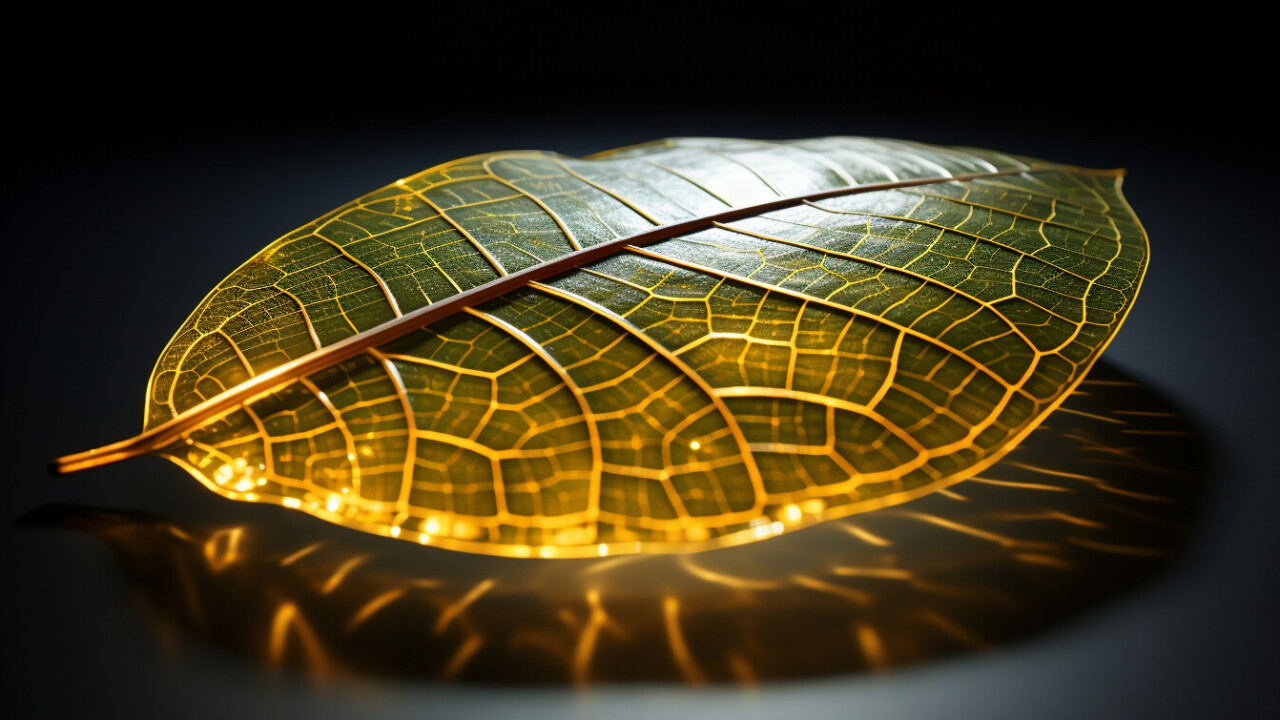
Scientists at Imperial College London have invented a leaf-inspired technology that captures solar energy and makes freshwater in the process.
The design, known as PV-leaf, is made up of glass, photovoltiac cells, bamboo fibres, and hydrogel cells which combine to mimic a real leaf. Water can even move and distribute throughout the artificial leaf’s structure and evaporate from its surface, cooling it down.
In hot and sunny conditions, solar panels can heat up to temperatures of 65°C or more, which takes a big knock on their efficiency. This is because the increased heat causes the electrons in the semiconductor material to move more energetically, leading to higher resistance and reduced electrical output.
Simply by mimicking transpiration, the scientists found that the artificial leaf can generate over 10% more electricity compared to conventional solar panels.

“This innovative design holds tremendous potential for significantly enhancing the performance of solar panels, while also ensuring cost-effectiveness and practicality,” said Dr Gan Huang, who co-authored the study.
Huang said the leaf is also capable of utilising the recovered heat to produce additional thermal energy and freshwater simultaneously, within the same component. This could generate “billions of cubic metres of water annually” if scaled, he added.
While still in its infancy, the research team has big hopes for their new invention.
“Implementing this innovative leaf-like design could help expedite the global energy transition while addressing two pressing global challenges: the need for increased energy and freshwater,” added Professor Christos Markides, one of the authors.
This is not the first time scientists have taken inspiration from plants to generate energy. In May, a team of scientists from the University of Cambridge developed another kind of artificial leaf that uses sunlight to convert water and carbon dioxide into ethanol and propanol — clean alternatives to petrol or diesel.
Get the TNW newsletter
Get the most important tech news in your inbox each week.




